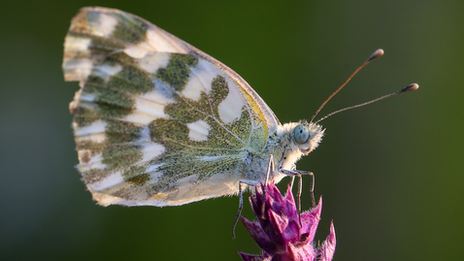Flying insects in Kent decline by more than 70%, study finds
- Published
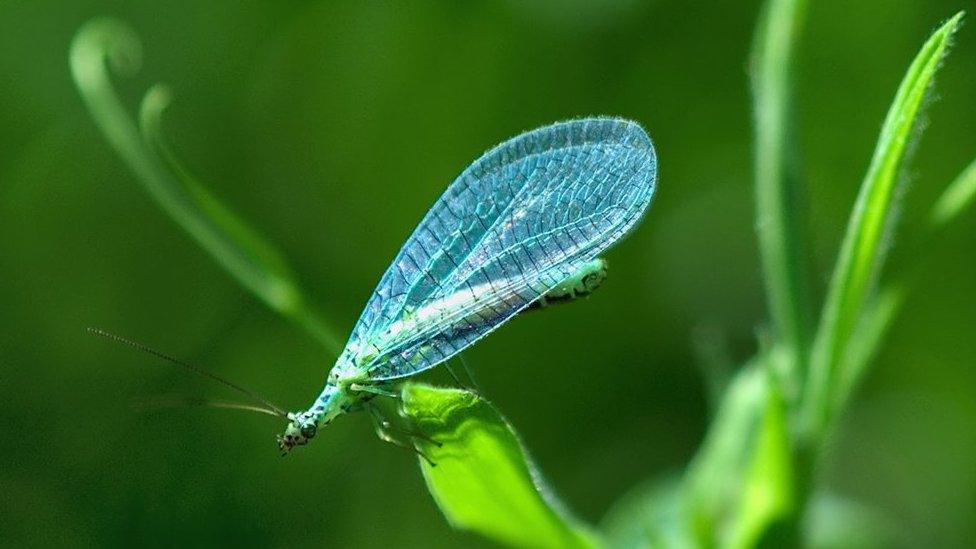
The Bugs Matter project found a 71.5 percent decline in flying insects in Kent between 2004 and 2021
The number of flying insects in Kent has fallen by more than 70 percent since 2004, a survey has found.
The Bugs Matter project, led by the Kent Wildlife Trust and Buglife, asked people to count the number of squashed insects on their car number plates.
It found a 71.5 percent fall in flying insect numbers compared to a similar survey by the RSPB in 2004, using the same methods.
Paul Hadaway from the trust said the findings should "concern us all."
Across Kent, 579 insects were sampled over 389 journeys and a total of 9,130 miles, and campaigners say the results indicate a wider trend of insect decline across the country.
The study relied on anecdotal observations from "citizen scientists".
"Declines are happening at an alarming rate and without concerted action to address them we face a stark future", Mr Hadaway continued.
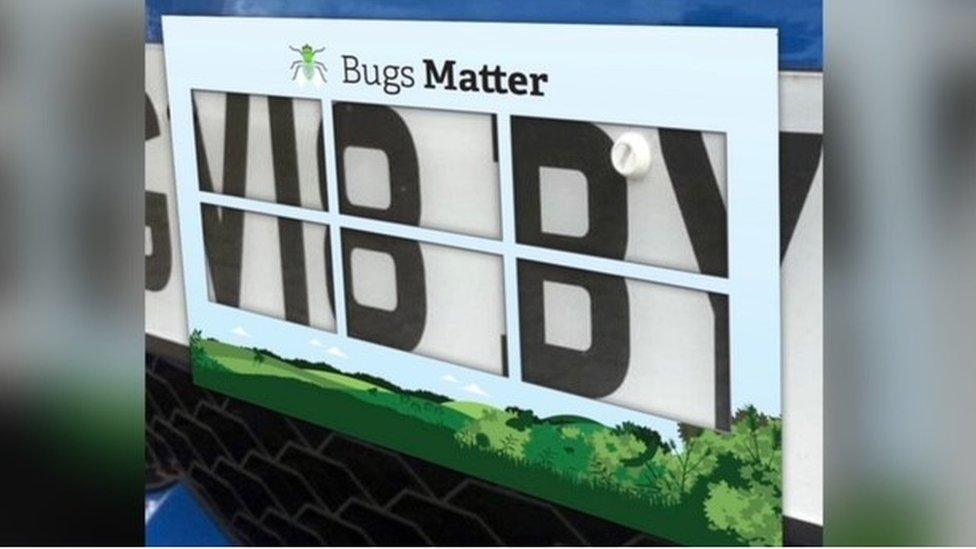
Members of the public were asked to clean their number plates before a journey and count the number of bugs collected after their journeys
Before making an essential journey in their vehicle, drivers cleaned their number plate, and afterwards counted the insects squashed on it using a "splatometer grid" supplied as part of the survey.
They then submitted a photo and count details via the Bugs Matter app and the data was converted into "splats per mile" to make it comparable between journeys.
Mr Hadaway said: "We need action for all our wildlife now by creating more and bigger areas of habitats, providing corridors through the landscape for wildlife and allowing nature space to recover."

Follow BBC South East on Facebook, external, on Twitter, external, and on Instagram, external. Send your story ideas to southeasttoday@bbc.co.uk.
Related topics
- Published29 April 2022
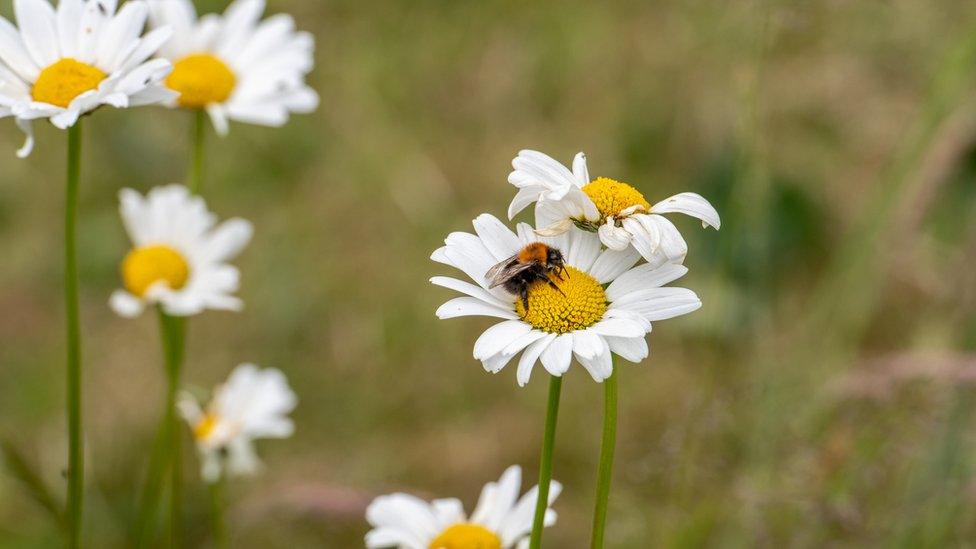
- Published20 April 2022
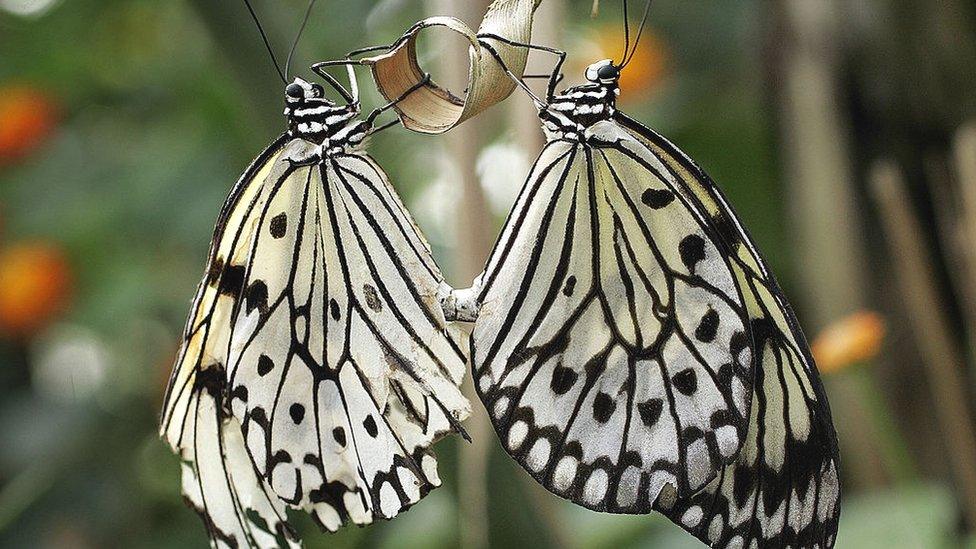
- Published23 April 2020
